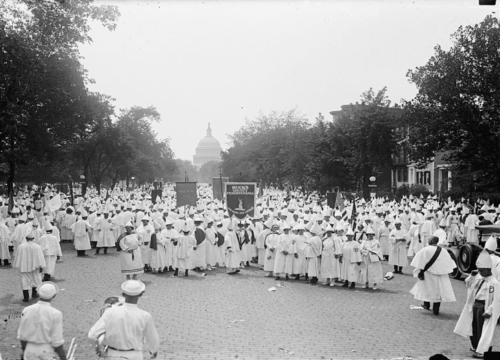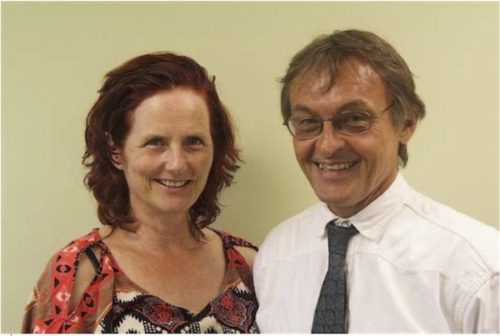The New School for Analytical Psychology invites you to our first public event of 2020 in our series on 'Ominous Transitions'
The Extremist: From Cambodia’s Killing Fields to Charlottesville, USA
Presented by:Dr Alexander Hinton, Distinguished Professor of Anthropology, Rutgers University
Saturday, February 1, 2020 Swedish Cultural Center 9:00 am – 1:00 pm (Registration 8:30 am – 9:00 am)



